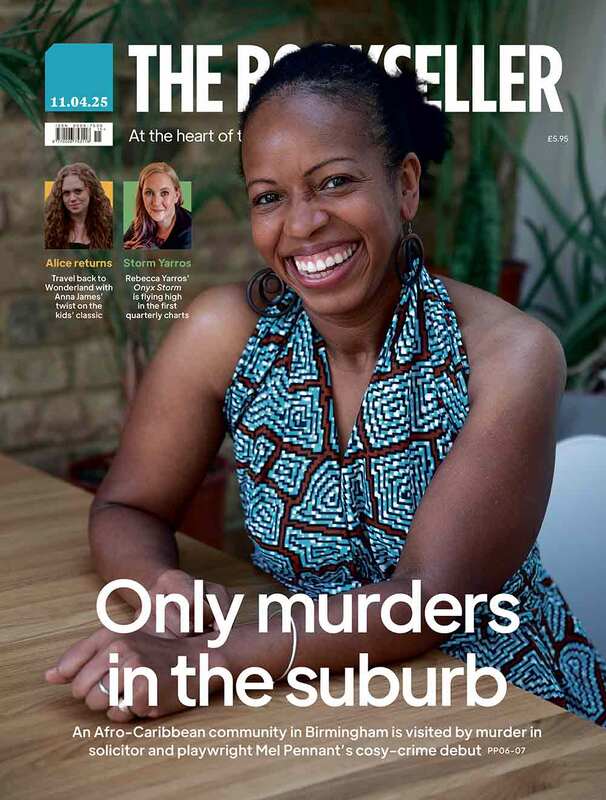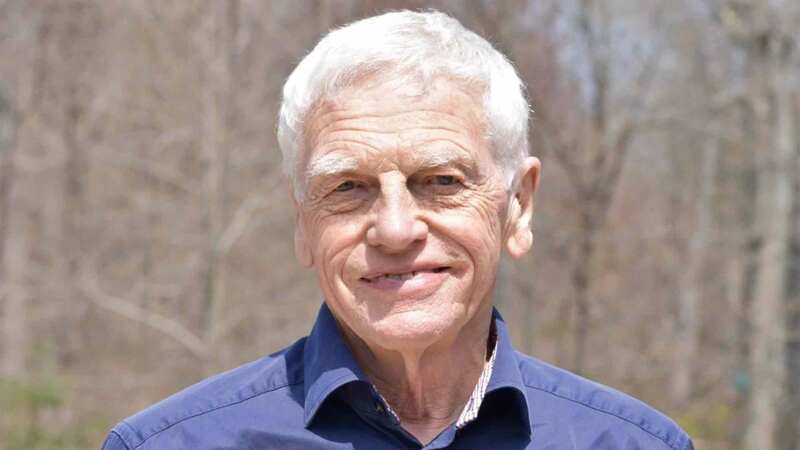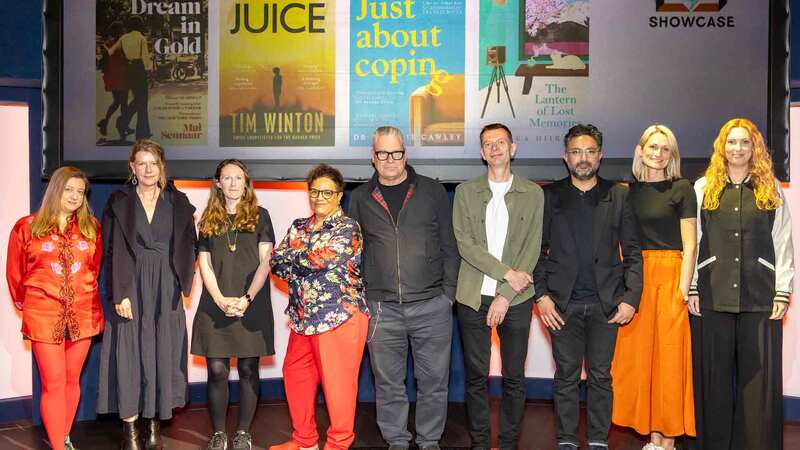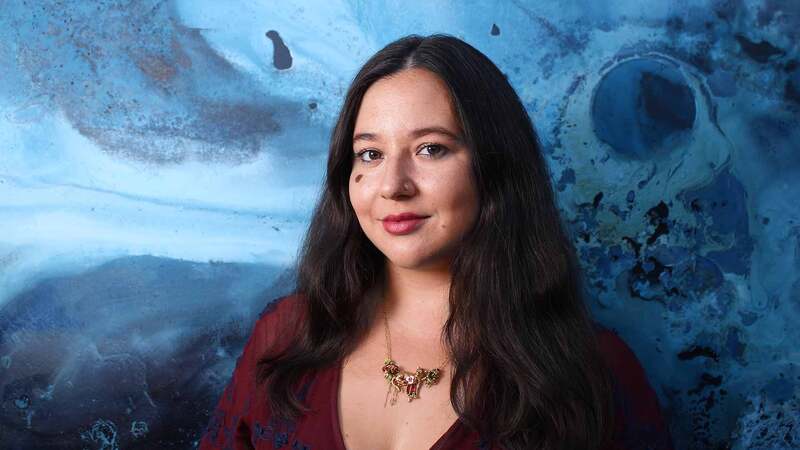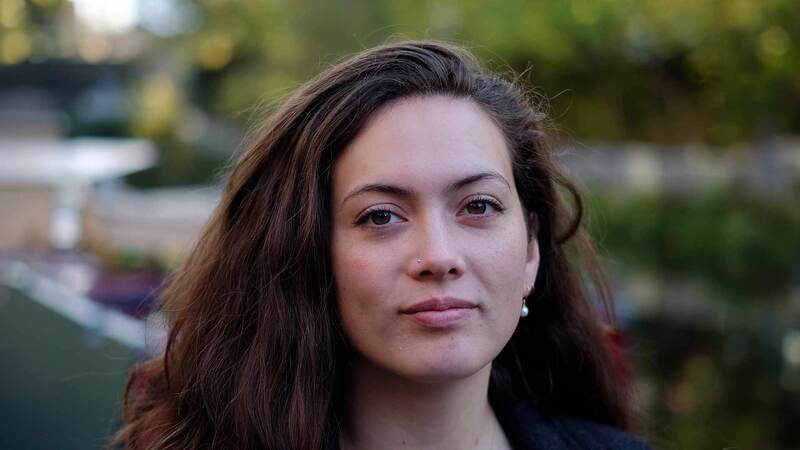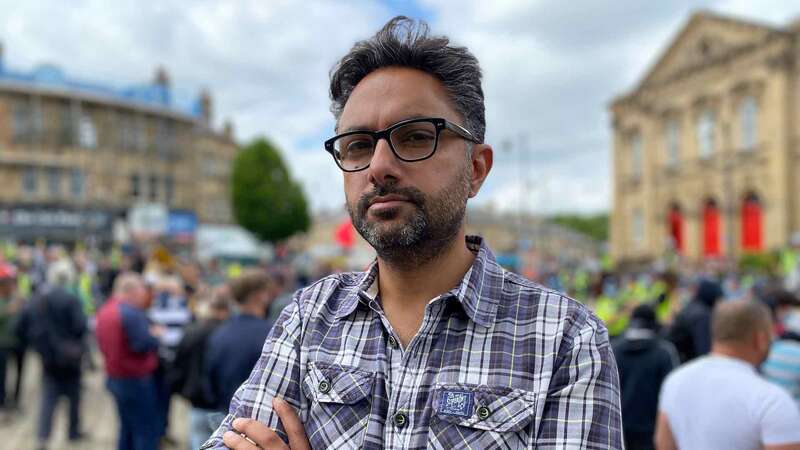You are viewing your 1 free article this month. Login to read more articles.
Clanchy students defend author over safeguarding criticism
A group of students taught by Kate Clanchy have written an open letter to The Bookseller stating that they did not experience any safeguarding or consent concerns with the author, instead stressing her "unequivocal care and support" for them.
The letter was in response to last week's open letter to Picador to “reach out beyond the publishing world” for its forthcoming revision of Kate Clanchy’s Some Kids I Taught and What They Taught Me. The new letter, penned by at least 20 of Clanchy's students who call themselves The Unmute Collective, said the recent intervention is in some ways "disempowering and causing us distress". Their identities have been verified by The Bookseller, but they wish to remain anonymous due to concerns about online abuse.
Clanchy’s Orwell Prize-winning book faced criticism last month for her portrayal of some children, including Black and autistic pupils, after passages were posted online. Monisha Rajesh, Professor Sunny Singh and Chimene Suleyman, who criticised the book, were subjected to racist abuse, which was later condemned by more than 1,000 people in an open letter. The author is now rewriting parts of the book for the autumn with help from “specialist readers”.
Last week, another open letter orchestrated by teacher Diane Leedham and signed by hundreds of other educators, parents and writers, called on the imprint to go further, and questioned “the probable sufficiency and efficacy of a reparative revision”. Among other things, it asks for confidentiality of privileged information about students, “informed consent” from all concerned and attention to student wellbeing.
However, the students say their personal experiences of Clanchy were of "unequivocal care and support for us... as poets and as people". They said they do not "seek to invalidate or counter the readings and experiences of those who have raised issues with Kate’s book" but felt it necessary to speak out about their own experiences, and push back against suggestions that Clanchy's students "may be victims in some capacity." They said Clanchy's support gave them confidence as poets.
The letter states: "We thank those for their concern over our wellbeing, but can very gladly clarify to any readers concerned that we have experienced no safeguarding or consent issues, and we have never felt excluded from the process. Though well-meaning people appear to want to defend us, in some ways their intervention is often disempowering and causing us distress, because it does not reflect our reality. We do not need defending: we will speak for ourselves."
They note that recent criticism of Clanchy's book "rightly revealed through readers themselves that Kate’s presentation of the diversity and uniqueness in our workshops has its flaws and imperfections". However, they say: "Instead of giving up the story of our journey and resigning to the idea that one can’t change and improve, revising the book offers a route for both the publishing industry to improve its practice, and for an author to learn, and to continue and improve their lifelong efforts to support youth poetry."
The letter adds: "The memoir’s premise was what you learn from the people you are teaching – the same can be said here. Everyone is on a journey, does good, makes mistakes, has to learn from them. That’s the power of activism for change."
They also plan to release a series of testimonies about their teacher. The letter states: "We want the world to also know about Kate’s empowering methods of supporting and championing youth poetry, and poetry from disadvantaged backgrounds."
The letter in full:
We write as a group of long-term students of Kate Clanchy in response to the open letter to Picador. The editors of this letter are a diverse collective, including multicultural diversity from four different backgrounds, and neurodiversity. We write of our personal experiences of Kate, which have been of unequivocal care and support, always, for us as poets and as people.
We do not seek to invalidate or counter the readings and experiences of those who have raised issues with Kate’s book, in fact we champion all activists who raise awareness to create positive change. We hope the open discussion will change the language we use and make all writers think more sensitively about the impact their words have on others. We therefore enter the discussion with some trepidation.
We feel it is necessary for us to speak out about our experiences of Kate as our teacher, and offer you a unique perspective. The open letter to Picador extrapolates from original criticism of the book to suggest that we may be victims in some capacity.
We thank those for their concern over our wellbeing, but can very gladly clarify to any readers concerned that we have experienced no safeguarding or consent issues, and we have never felt excluded from the process. Though well-meaning people appear to want to defend us, in some ways their intervention is often disempowering and causing us distress, because it does not reflect our reality. We do not need defending: we will speak for ourselves.
Kate’s promotion of our work, in the memoir, in our anthologies, and on Kate’s twitter, has given us confidence as poets, and has platformed young people in a selfless manner, and for that we are thankful. For our lockdown anthology, Unmute, Kate put in hundreds of unpaid hours and every profit went to the charity of our choice, Asylum Welcome.
Kate’s promotion of our poems does not take away our agency: we do not speak through Kate, and she does not presume to speak for us. Instead, she has given us the tools to articulate ourselves as powerful individuals: our writing.
For us, Kate’s memoir is special, reflecting her work helping young people express their creativity, whatever their background. The last month’s criticism has rightly revealed through readers themselves that Kate’s presentation of the diversity and uniqueness in our workshops has its flaws and imperfections. Instead of giving up the story of our journey and resigning to the idea that one can’t change and improve, revising the book offers a route for both the publishing industry to improve its practice, and for an author to learn, and to continue and improve their lifelong efforts to support youth poetry.
The memoir’s premise was what you learn from the people you are teaching—the same can be said here. Everyone is on a journey, does good, makes mistakes, has to learn from them. That’s the power of activism for change.
Over the past few weeks, we’ve been compiling short testimonies of our experiences of Kate as a teacher, including poets featured in the book offering their perspective on their presentations, and with writers of colour and neurodiverse writers offering commentaries on issues raised. We are aiming to release these over the coming months independently, and several writers are also penning solo articles to follow the excellent piece by Shukria Rezaei, which you can read now in the Times.
We hope these will further enrich the conversation. We want the world to also know about Kate’s empowering methods of supporting and championing youth poetry, and poetry from disadvantaged backgrounds.
Though the recent letter to Picador attempted to advocate anonymisation and safeguarding, the manner in which it was raised on public platforms, has actually had a detrimental effect on our well-being and our feeling safe to join the dialogue. We hope you will respect our choice as young people to anonymise the editors and supporters of this letter, which had to be compiled over the weekend in short notice as we felt the public nature of the letter needed a swift and public response. Kate has always prioritized our well-being. We hope the signatories to the open letter will also give us the same respect and allow us to speak out in our own time when we tell our stories ourselves in our testimonies.


